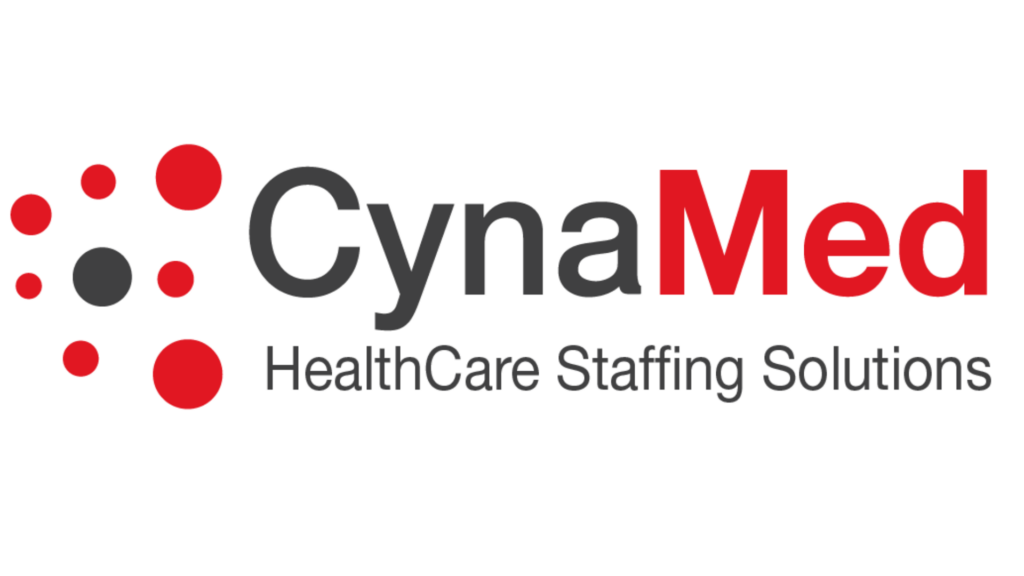
Home » CynaMed for Nurses » COVID-19 Protocols for Nurses
COVID-19 Protocols for Nurses
Ready to Get to Work? Apply today start working in as little as 24-hours. Or, signup for job alerts and be notified of new opportunities!
COVID-19 Protocols for Nurses
Nursing during a global pandemic is a challenge, but it is also what nurses are called to do. Health care workers, including nurses, are some of the many essential workers who do not have the option of working from home during the coronavirus pandemic. Patients continue to need care, whether it is routine care, acute care from the coronavirus, or acute care from any other cause. Since nurses must work in close contact with patients during the pandemic, it is critical that they follow strict protocols to keep themselves safe from infection, to prevent spreading the infection from patient to patient, and to prevent bringing the infection home or out into the community. Here is an overview of COVID-19 protocols for nurses.
What Is the Coronavirus?
The coronavirus that causes COVID-19 is a novel type of coronavirus, which is a larger class of common viruses. The COVID-19 virus spreads through respiratory droplets. These droplets spread the virus through coughing, sneezing, speaking, or singing. It is possible that the virus may be spread when people touch a contaminated surface, then touch their hands to their faces. Nurses can reduce potential transmission by practicing good hygiene and wearing personal protective equipment (PPE) such as N-95 respirators, facemasks, face shields, and gloves.
Protocols for Nurses at Work
Nurses can take many steps to prevent transmission of the coronavirus while at work. Some of these steps involve wearing PPE while at work. Other steps involve behavior management at work. Here are protocols concerning PPE:
- Wash hands thoroughly before putting on PPE.
- Wear the appropriate PPE at work, especially when caring for COVID-19 patients. PPE may include an N-95 respirator, eye goggles, face shield, and facemask.
- Avoid touching PPE while wearing it.
- Wash hands before AND after removing PPE.
- N-95 respirators are intended to be single-use items. Facilities that must reuse N-95 respirators due to the shortage should provide procedures for decontamination and reuse.
Here are protocols for behavior management while at work:
- Wash hands regularly with soap and water.
- Remove PPE before eating or taking a bathroom break.
- Take meal breaks in a non-clinical area.
- Upon arrival at work, disinfect cell phones, then place them in a resealable plastic bag. Disinfect the phone after using it. At the end of the day, dispose of the bag and disinfect the phone before leaving.
- When possible, change scrubs and shoes before leaving.
Protocols for Nurses Returning Home From Work
Nurses should take extra precautions to avoid spreading the coronavirus to their friends and families outside of the healthcare facility. Here are protocols concerning nurses returning home from work:
- When possible, change scrubs and shoes before leaving.
- Place scrubs in a plastic bag for storage before laundering.
- Place shoes in a plastic bag for storage before the next shift.
- At home, knock on the front door and have someone else open it from the inside to avoid touching the doorknob.
- Avoiding hugging or saying hello in close contact with family members. Shout hello, then shower.
- Keep all work items (purse, bag, shoes, etc) in the garage or in a designated storage box.
- When possible, have someone else set up the shower to avoid contaminating the faucet and shower door.
Throughout the coronavirus pandemic, nurses have continued to serve their patients. As the pandemic continues, so does the need for nurses. These protocols provide ways that nurses can prevent transmission of the virus while continuing to care for their patients.




